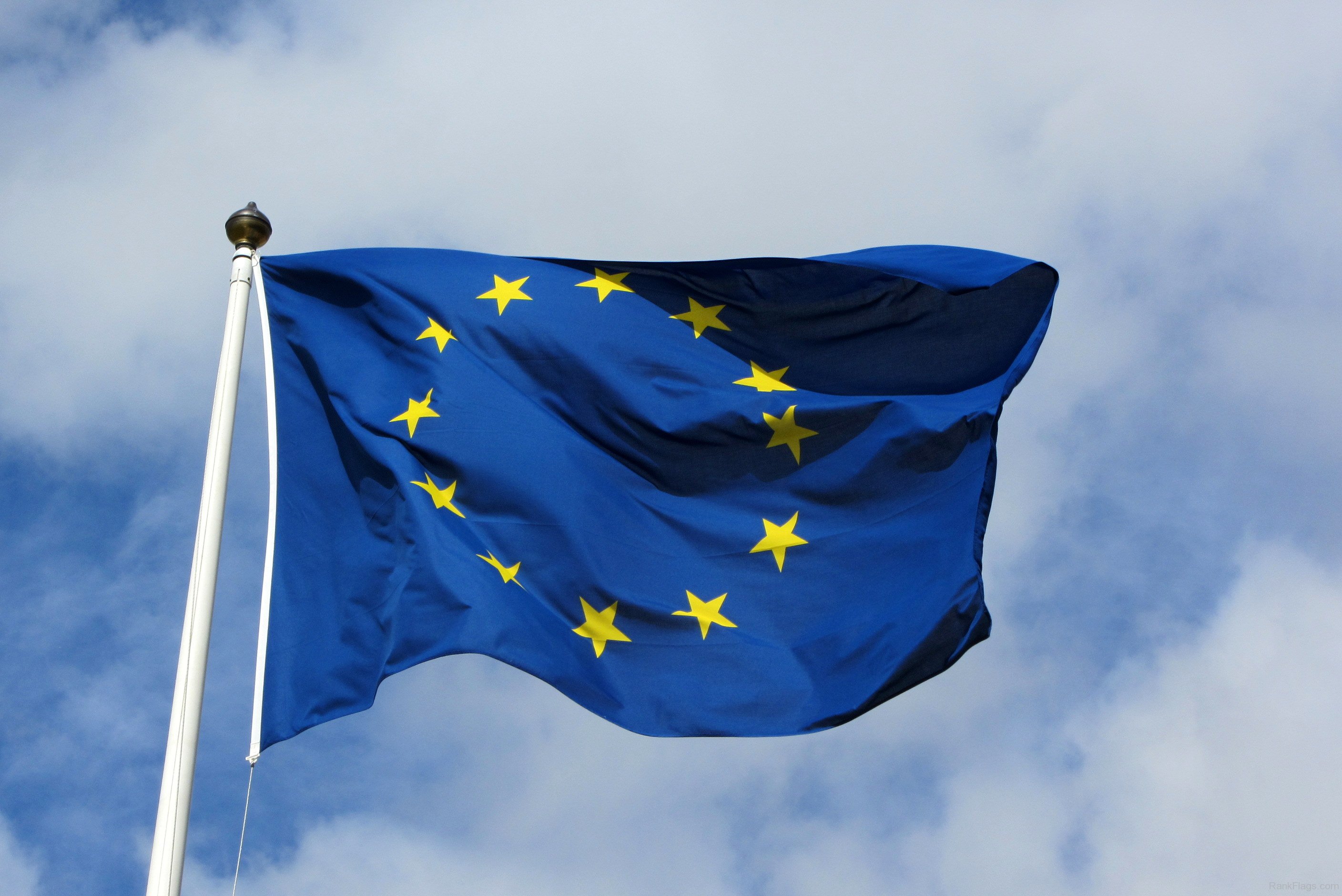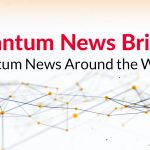Quantum News Briefs: December 9, 2023: UTC Connected to EPB Quantum Network℠ Powered by Qubitekk; Qrypt Partners with Los Alamos National Labs to Advance Quantum Random Number Generation Technology; EU launches new pact on quantum technologies

Quantum News Briefs: December 9th, 2023:
UTC Connected to EPB Quantum Network℠ Powered by Qubitekk
The University of Tennessee at Chattanooga (UTC) has become the first academic institution connected to the EPB Quantum Network℠, a joint venture between EPB and Qubitekk, established in 2022 as the nation’s first industry-led, commercially available quantum network. This connection, facilitated through a node in UTC’s quantum technology laboratory, marks a significant step in integrating quantum technology into education and research. UTC’s involvement is seen as crucial by EPB for advancing quantum education and positioning Chattanooga as a desirable location for quantum companies. UTC’s commitment to quantum science, demonstrated by its recent initiative in quantum information science and technology, aims to foster innovation and economic development through cross-disciplinary collaboration in STEM and non-STEM fields, with applications in advanced energy systems and smart city technologies.
Qrypt Partners with Los Alamos National Labs to Advance Quantum Random Number Generation Technology
Qrypt, a leader in quantum-secure encryption, has completed a significant Cooperative Research and Development Agreement (CRADA) with Los Alamos National Labs (LANL) to enhance its Quantum Random Number Generation (QRNG) technology. This advancement is pivotal for Qrypt’s cloud-based Quantum Entropy and Quantum Key Generation services, which rely on quantum randomness to provide secure cryptographic solutions. The collaboration with LANL has led to significant breakthroughs in generating truly unpredictable numbers by leveraging photon bunching to filter out classical noise, enhancing the unpredictability and security of encryption keys. This partnership has bolstered the foundation of cryptographic systems against quantum computing threats. It demonstrates Qrypt’s commitment to developing quantum-secure solutions through scientific peer review and collaboration with top research labs. Additionally, Qrypt’s recent collaboration with Oak Ridge National Laboratory (ORNL) further underscores its leading role in advancing quantum cryptography.
EU launches new pact on quantum technologies

During its presidency, Spain coordinated a joint declaration on quantum technology to position Europe as a global leader in quantum innovation, known as the “Quantum Pact.” This initiative, presented at the Transport, Telecommunications and Energy Council (TTE) meeting, seeks to unify EU, national, and regional efforts to create a comprehensive quantum technology ecosystem. So far, 11 EU countries, including Spain, France, and Belgium, have endorsed the pact, though major quantum players like Germany, the Netherlands, and Denmark abstained, citing the last-minute nature of the decision. This reflects a broader European challenge in recognizing quantum technology as a strategic priority, with only five EU countries having national quantum strategies and a general perception of quantum as primarily an R&D issue. While a positive step, the pact highlights the need for greater commitment and coordination in Europe’s approach to quantum technology and cybersecurity, as countries like Germany, France, and the Netherlands invest significantly in national quantum initiatives and infrastructure.
Kenna Hughes-Castleberry is the Managing Editor at Inside Quantum Technology and the Science Communicator at JILA (a partnership between the University of Colorado Boulder and NIST). Her writing beats include deep tech, quantum computing, and AI. Her work has been featured in Scientific American, Discover Magazine, New Scientist, Ars Technica, and more.




















